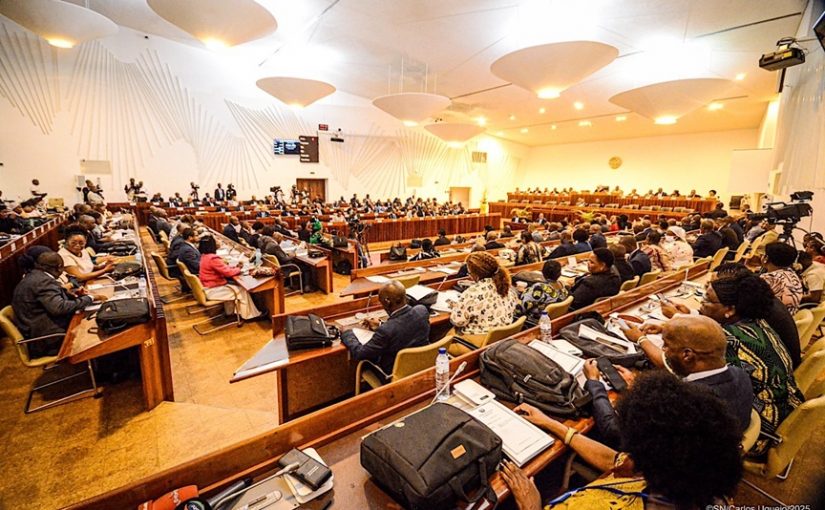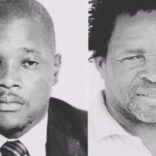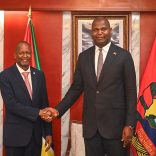Mozambique: CAD coalition denies any involvement in alleged coup attempt - report
Mozambique: Assembly gives Commitment to Dialogue force of law – AIM report

Photo: Notícias
The Mozambican parliament, the Assembly of the Republic, on Wednesday passed unanimously a bill giving legal force to the “Political Commitment for an Inclusive National Dialogue”, a document signed on 5 March by President Daniel Chapo and nine political parties.
The document supposedly opens the way for wide-ranging reforms including constitutional amendments and changes to the electoral legislation. Also to be discussed are such matters as tax reforms, the system of justice and modernisation of the public administration.
The parties which signed the agreement included all those represented in the country’s parliament, the Assembly of the Republic – namely, the ruling Frelimo Party, the Optimistic Party for the Development of Mozambique (Podemos – which is now the official opposition), the former rebel movement Renamo, and the Mozambique Democratic Movement (MDM).
Thanks to its representation in the Gurúè Municipal Assembly, in the central province of Zambezia province, Nova Democracia (ND – New Democracy) was also present at the 5 March signing.
Also at the signing ceremony were four tiny political organizations which managed to win seats last October in Provincial Assemblies. These are Democratic Revolution (RD), a breakaway from Renamo, which holds six seats in the Niassa Assembly; the Humanitarian Party of Mozambique (PAHUMO), with eight seats in Cabo Delgado; the Social Renovation Party (PARESO), with two seats in Inhambane; and the National Reconciliation Party (PARENA), which holds five seats in the Gaza assembly.
It is hard to see why a new law is needed for parties to sit down together and hold a dialogue. The real impact of the law is that it makes it possible to finance the technical commission that will organise the dialogue. This is to consist of 21 members, 18 from the nine parties that signed the agreement and three from civil society organizations.
Among other tasks, this body has the mission of proposing to the leadership the working groups that will be set up to produce proposals and recommendations on constitutional amendments and governance priorities.
The proposed budget for the technical commission is 91.4 million meticais (1.4 million US dollars at the current exchange rate).
Of this amount, 48 million meticais will be allocated to attendance fees (5,000 meticais per commission member); 34.5 million meticais to pay for services; 5.17 million meticais to purchase goods; 2.44 million meticais to pay allowances within the country; 883,200 meticais for fuel and lubricants; and 29,000 meticais for communications.
The head of the Frelimo parliamentary group, Feliz Silvia, declared that the importance of the bill “lies in creating an environment of dialogue and trust between the parties, allowing greater political predictability in the political system and reducing the risk of instability.”
The leader of the Podemos group, Sebastiao Mussanhane, expected that, with the new law, “young people will become political subjects and not just electoral instruments, inclusion will become the operational criterion of governance, and conflicts will be solved through institutional mechanisms and not through violence”.
The head of the Renamo parliamentary group, Jeronimo Malagueta, accused the government, quite untruthfully, of violating the 1992 peace agreement that ended Renamo’s war of destabilisation. He claimed that “political instability results from successive frauds which cause post-election conflicts, through which the regime of the day wants to perpetuate itself in power”.
Nonetheless, Renamo supported the new law, in the hope that it would not be used “for the regime to gain time to rearm and continue to repress the people”.












Leave a Reply
Be the First to Comment!
You must be logged in to post a comment.
You must be logged in to post a comment.